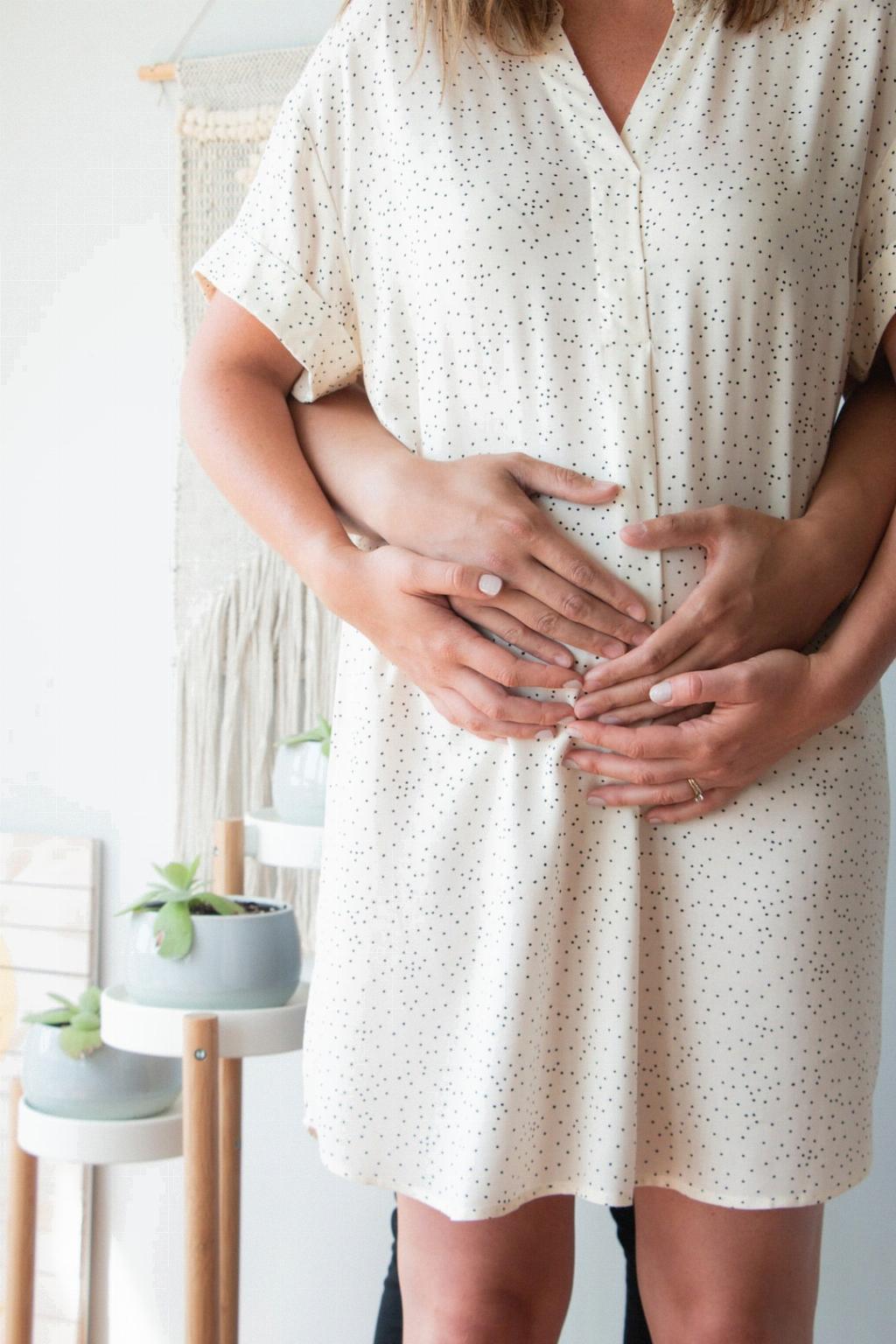When it comes to pregnancy, it’s crucial to be mindful of the foods you consume, especially seafood. Seafood is known for being a rich source of protein and essential nutrients like omega-3 fatty acids, which play a vital role in supporting your baby’s brain and eye development.
Unfortunately, not all seafood is safe to eat during pregnancy. Shellfish, in particular, can pose potential risks to the health of both the mother and the developing baby. Shellfish such as shrimp, crab, and lobster may contain high levels of mercury, a toxic metal that can be harmful to the nervous system of a growing fetus.
Mercury is a naturally occurring element that can be found in various water sources, including oceans and rivers. While seafood is generally a healthy food choice, certain types of fish and shellfish can accumulate higher levels of mercury in their bodies due to environmental factors.
When consumed in excess amounts, mercury can cross the placenta, exposing the developing baby to potential harm. The nervous system of a fetus is particularly vulnerable to the effects of mercury, as it can interfere with normal brain development and lead to cognitive and motor impairments.
Shellfish, being at the lower end of the food chain, can absorb mercury from their environment as they feed on algae and other aquatic organisms. As a result, pregnant women are advised to limit their intake of shellfish to reduce the risk of mercury exposure to the developing baby.
In addition to mercury, shellfish may also harbor harmful bacteria and parasites that can cause foodborne illnesses. Pregnant women have a weakened immune system, making them more susceptible to infections, which can have serious consequences for both the mother and the baby.
Shellfish, especially raw or undercooked varieties like oysters and clams, should be avoided during pregnancy to prevent foodborne illnesses like norovirus, salmonella, and listeria. These infections can lead to symptoms such as nausea, vomiting, diarrhea, and in severe cases, may result in miscarriage or premature birth.
Furthermore, some pregnant women may have allergies to certain types of shellfish, such as shrimp or crab. Allergic reactions can range from mild symptoms like hives and itching to severe anaphylaxis, which is a life-threatening condition that requires immediate medical attention.
Given the potential risks associated with consuming shellfish during pregnancy, it is important for expectant mothers to be cautious and informed about their dietary choices. Opting for safer sources of protein and essential nutrients can help ensure a healthy pregnancy and the well-being of the baby.
Consulting with a healthcare provider or a nutritionist can provide valuable guidance on creating a balanced diet that meets the nutritional needs of both the mother and the developing baby, while minimizing potential risks associated with certain foods like shellfish.
Overall, making informed decisions about food selection during pregnancy is crucial for promoting a healthy pregnancy and ensuring the optimal development of the baby. By being aware of the potential risks associated with consuming shellfish and other high-mercury seafood, pregnant women can take proactive steps to protect the health of themselves and their unborn child.

